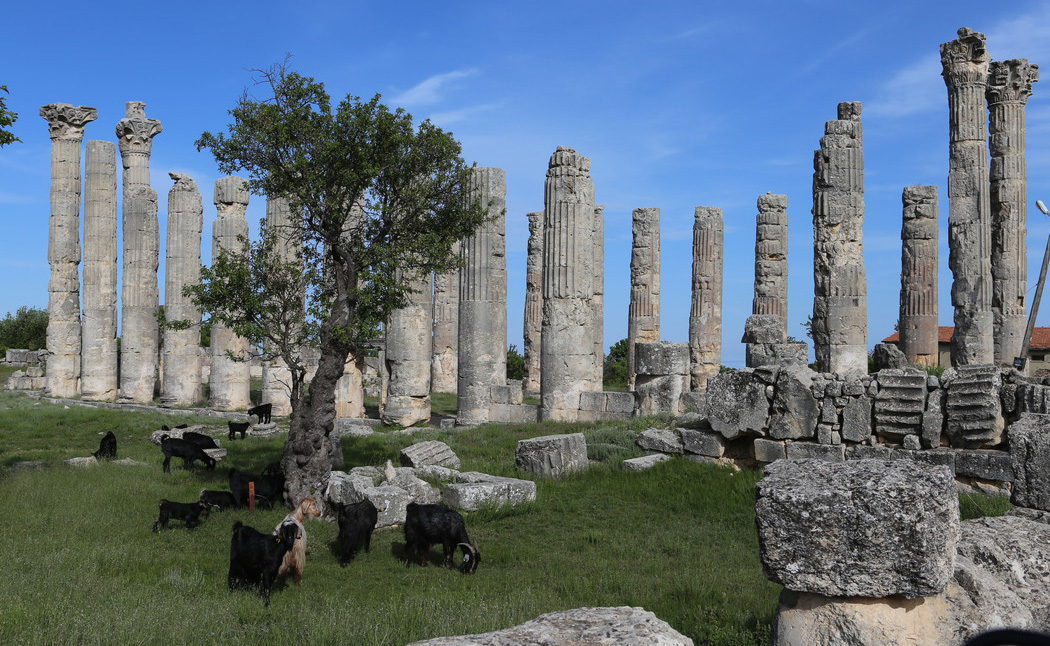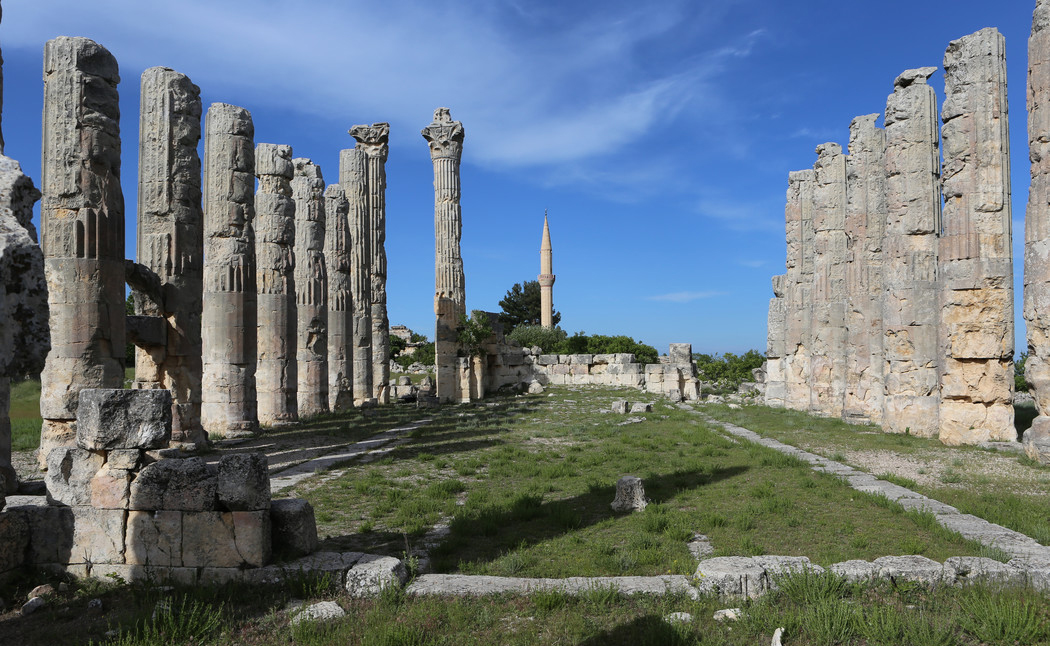This project investigated the Christianization of knowledge in the Palestinian and Arabian provinces as well as the late antique province of Isauria, with particular consideration given to places and authorities central to this Christianization process. The research was supplemented by studies of Jewish models and influences in the research area.
Research
The spread of Christianity in antiquity is a process that can also be described as the Christianization of knowledge. The Christianization of knowledge is an effect of the Christianization of the Empire’s populace, a process differing greatly depending on location and social stratum. But in particular regions and groups it is also the driving force behind Christianization. Unlike Christianization in general, which has long been the subject of classic, fundamental works and numerous scholarly studies and text editions, investigations of the Christianization of knowledge have long been limited to philosophy, a few rudimentary studies in medicine notwithstanding. Other realms of knowledge such as astrology/astronomy, architecture, geography, historiography/chronography, etc. have been given little more than a cursory analysis.
The goal of this research project was therefore to explore this area systematically, giving particular consideration to places and authorities central to this Christianization process. The term ‘places’ refers here to concrete localities like the church libraries in Caesarea and Alexandria and the libraries of certain church fathers, as well as to libraries of papyrological and epigraphic materials and to structures excavated by archaeologists or attested to in literature. The keyword ‘authorities’ refers to both the authorization of Christian knowledge by individuals (especially apostles, miracle workers, prominent teachers and bishops) and to impersonal authorization (the Christian schools of Alexandria and Caesarea are part of a definite genealogy involving other schools). Particular attention is paid to the genealogical or non-genealogical form of these authorization relations.
Results
It emerged that the martyr cult showcases various aspects of the Christianization process in a nutshell. The martyrs as central Christian authorities were described in Homeric words, thus showing the transformation of knowledge. Their cult places sometimes continued those of pagan deities, in any case their churches, scattered over the landscape, manifested for the newly christianized topography. Cult practices from the old days were directly inherited in the cults of the martyrs, as for example the incubation in Saint Thecla`s shrines.
The research concentrated on the Palestinian and Arabian provinces as well as the Calycadnus valley and adjacent areas (Rough Cilicia/Isauria). A close cooperation with the neighboring project (B-5-3) Authorization of early Christian knowledge claims in Asia Minor and Greece, which has an emphasis on the adjoining region of Lycaonia, was induced to capitalize from synergies.
Activities
Members of the project were engaged in a wide range of activities to fulfil the research goals. These varied from a cross-sectional reading group or organizing guest lectures (Bryan Ward-Perkins, Wolfgang Wischmeyer) to co-hosting an international conference. In January 2017, a workshop for junior scholars was held.
For the project‘s research purposes several institutions and libraries have been visited, for example the Société des Bollandistes in Brussels, the Fondation Hardt in Vandoeuvres/CH and the Biblioteca Apostolica Vaticana in Rome.
The results of this research group were presented at the Patristische Arbeitsgemeinschaft in Amersfoort/NL in January 2017.


